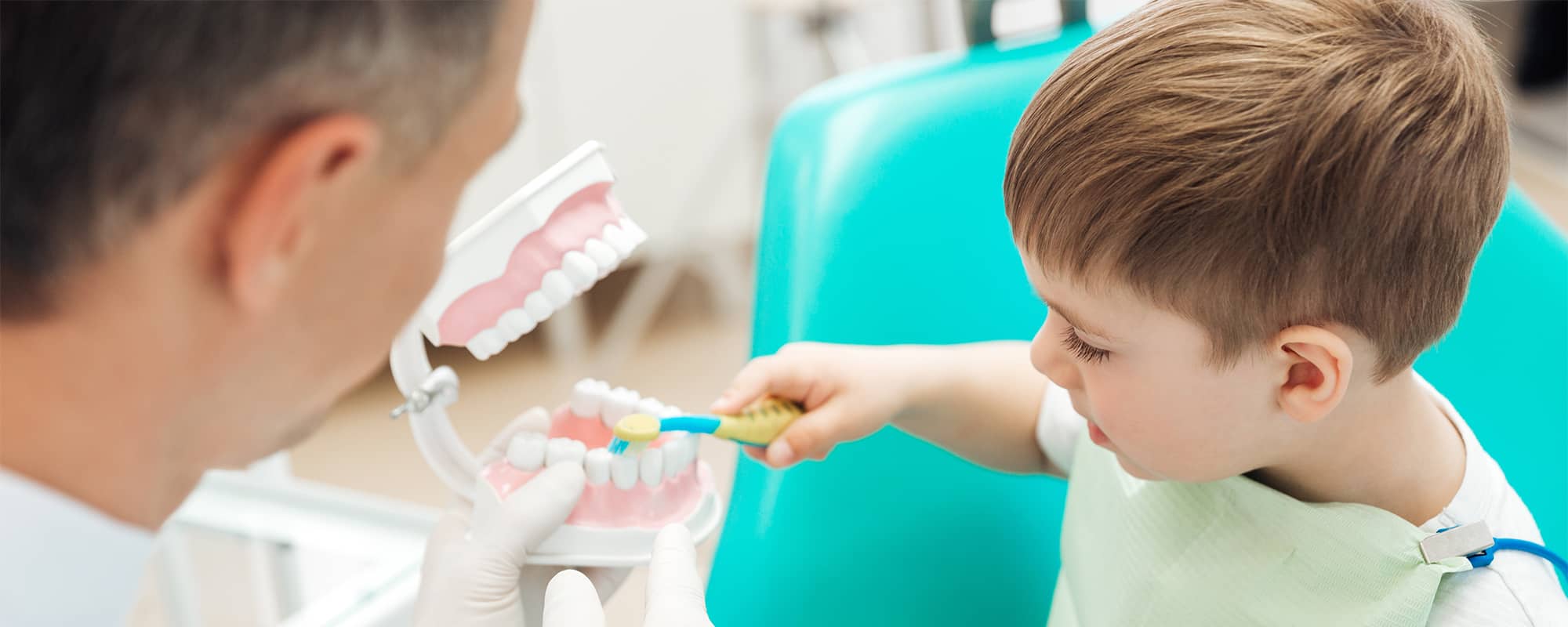You might have noticed your child grinding their teeth, particularly when they are asleep. If regular and ongoing, grinding can wear teeth down and lead to sensitive teeth, pain, jaw aches, and even headaches.
As baby teeth have a thinner amount of enamel on them than adult teeth, it doesn’t take much for them to become very worn down. Parents may also notice other signs such as restless sleep, breathing through their mouth or snoring, associated tiredness during the day, and difficulty concentrating at school. Any of these behaviours might be an indication that some intervention is necessary.
The causes of tooth grinding, also known as bruxism, in children can be different to that in adults. It used to be thought that the grinding was just related to stress, and while this might be a contributing factor, there are often many other causes of the habit. For example, one study found a link between teeth grinding and intestinal worms – so a good time to have your child checked out at the doctor!
In addition, some links have been found between other areas of pain and bruxism, such as pain from earaches or loose baby teeth. A lot of children might also just go through periods of time where they grind, then over time this habit reduces and stops altogether.
Can it affect the airways?
An increasing amount of research has identified the link between obstructed breathing from airways issues and teeth grinding. Studies have found that obstructed breathing leads to a lighter sleep pattern, this results in jaw muscles clenching and then the noticeable teeth grinding. The obstructed breathing is a result of the airways becoming blocked when sleeping, which might be from a problem with the shape of their palate, or large soft tissues such as tonsils or adenoids. It might even be that there is complete blockage of the airway – known as sleep apnoea – which can be very scary seeing your child stopping breathing altogether for moments in time when they are asleep.
If you are concerned about teeth grinding or you have noticed any of these behaviours, your dentist is a great place to start. They are trained to check your child’s teeth and jaw development, as well as assess any signs of grinding. If any airway obstructions are suspected, your dentist can refer you for further assessment to be discussed with your GP and then likely an Ear Nose and Throat (ENT) surgeon or Paediatrician. These specialist medical practitioners are able to further assess airways and make recommendations for treatment.






